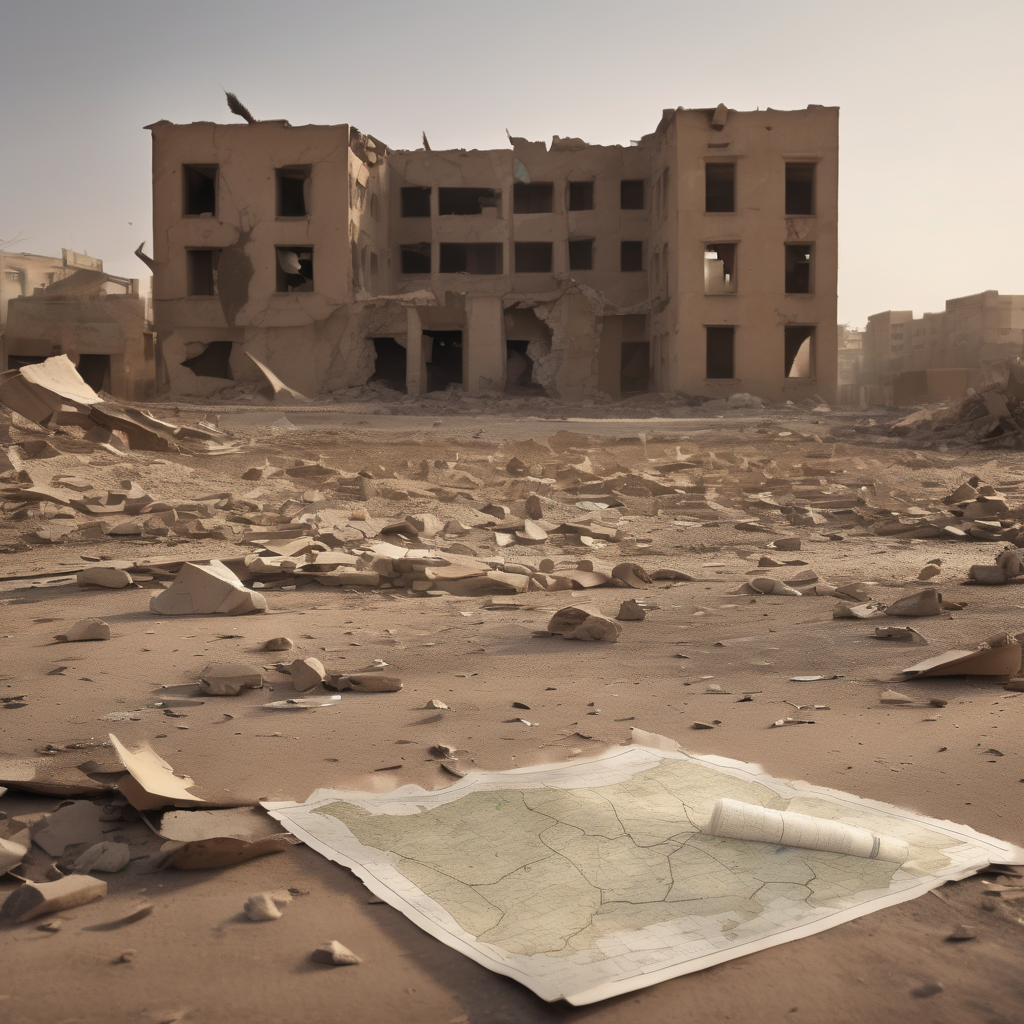CAIRO — In a significant escalation of the conflict in Sudan, the Rapid Support Forces (RSF) have seized control of el-Fasher, the last military stronghold of the Sudanese army in the western Darfur region, following intense fighting that has resulted in numerous civilian casualties. This development, reported by military officials and humanitarian organizations, raises serious concerns about the safety of the civilian population now caught in the conflict.
The takeover of el-Fasher leaves over 250,000 residents, half of whom are children, under RSF control. Medical groups have reported horrifying scenes of chaos, with battles erupting between RSF fighters and retreating military troops, alongside allegations of RSF executing civilians attempting to flee. In a recent statement, the United Nations condemned the RSF’s actions, describing ethnic motivations behind the killings.
The RSF’s successful offensive comes after a prolonged period of conflict, which has escalated since April 2023, when tensions with the military erupted into violence across Sudan. Videos shared on social media depict RSF fighters celebrating their victory in el-Fasher, although reports indicate they have also witnessed shocking acts of violence against civilians, including beatings and detentions based on ethnic profiling.
According to military leaders, the army’s decision to vacate el-Fasher was made to avoid further civilian casualties, amidst increasing “systemic destruction” caused by RSF forces. Military chief Gen. Abdel-Fattah Burhan emphasized the army’s commitment to protecting the people, vowing accountability for those responsible for violence against civilians.
As reports of violence continue to emerge, organizations monitoring the war are alarmed by the humanitarian implications. The Sudan Doctor Network referred to the RSF’s actions as a “heinous massacre,” while the Doctors’ Union condemned the situation as a “brutal killing field.” There are mounting calls for international recognition of the RSF as a terrorist organization in light of their actions, which include systematic targeting of civilians and arbitrary detentions.
The situation has prompted urgent humanitarian concerns, with U.N. officials expressing alarm at the increasing number of displaced individuals. As of Monday, the U.N. reported that more than 26,000 people have fled their homes due to the violence, seeking refuge in rural areas and towns that are already overwhelmed by the influx of displaced populations.
The RSF, which has its origins in the notorious Janjaweed militias, has been implicated in numerous atrocities since the conflict reignited. With the death toll surpassing 40,000 and humanitarian conditions worsening, the crisis has drawn international scrutiny, with investigations by the International Criminal Court into potential war crimes.
As the conflict continues, the plight of civilians trapped in el-Fasher and across Sudan remains a growing concern, emphasizing the need for immediate and effective humanitarian assistance to prevent further loss of life and suffering.
